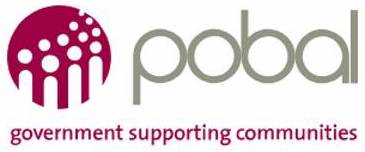Food allergy as a trigger for asthma is relatively uncommon and when it does occur, it mainly seen in young children.

As food allergies can be difficult to pin down and young children benefit from a varied diet, it’s important not to cut out any foods until an allergy test has been carried out by a health care professional. When a food allergy is identified, the patient should be referred to a specialist in that area. Click here to watch "An Allergy Test video."
In most cases, people with asthma don’t have to follow any kind of special diet but some people with asthma may find that certain foods can make their symptoms worse. In particular, some people with asthma find that they are very intolerant to foods containing a group of substances called salicylates. These are found in aspirin, tomatoes, cucumbers, kiwi fruits and a number of other fruits.
The foods most commonly associated with food allergy are cow’s milk, wheat, seafood, shellfish, eggs, soybeans and peanuts; however allergies to these foods are not necessarily linked to asthma. In some cases, food allergies can be serious enough to cause swelling of the face, tongue or mouth; however this isn’t always present and many milder symptoms such as bloating, tiredness and skin rashes may be seen.
A milk allergy which affects asthma is found in around 1 in 50 children with asthma under the age of two. In older children and adults it is found far less frequently, in approximately 1 out of 500 people. Often it is not the food itself but the preservatives and additives in them which affect asthma.

What to do if you think you may have an allergy to food or drink which affects your asthma
- If you have a severe reaction you should seek medical attention and talk to your doctor about carrying emergency medication e.g. an adrenalin pen.
- If you have an immediate reaction to certain foods, avoid it in future and consider confirming the issue with an allergy test.
- Check the labels on all tinned or packaged food to make sure they do not contain the substance you’re allergic to.
- If you want to try an additive free diet, contact the Asthma Society for a list of commonly used additives.
- If you wish to cut something from your child’s diet, discuss it with your doctor first as children have different nutritional needs and many foods are essential for healthy growth and development.
- Do not remove dairy products from the diet of anyone under 14 without first consulting a doctor. The calcium from dairy is needed to ensure proper growth and bone development in teenagers, especially in the case of teenage girls.


